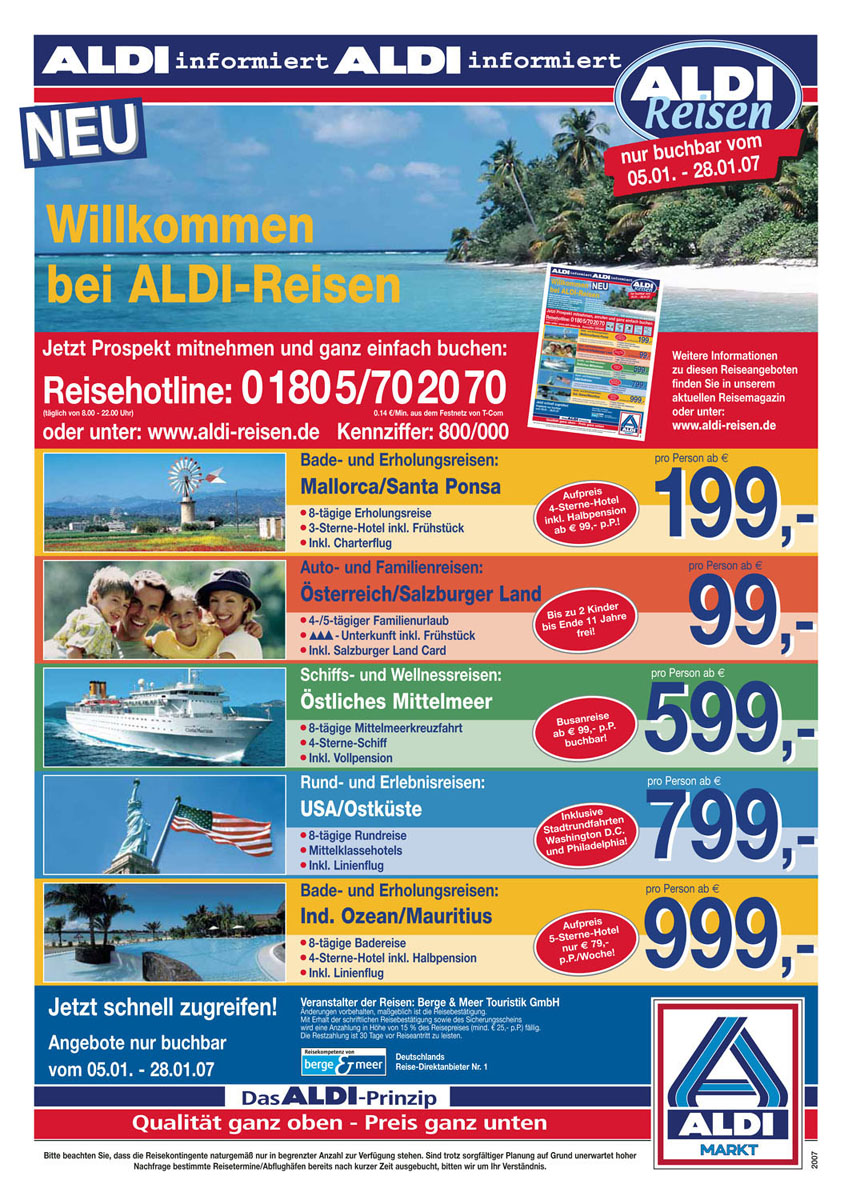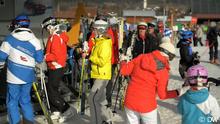| Seite 10 |
Lesen und Schreiben
|
Skills in reading German can progress more quickly than listening, speaking, or writing.
But reading in a second language requires strategies.
When reading in their native language, people do not actually read many of the words.
Rather, the brain automatically fills in and makes connections. In a second language, people typically try to read every word. This leads to breakdown of comprehension, because the brain gets stuck on unknown words and resists moving past them. Do not look up the meaning of words and attempt to translate. It takes up a lot of time, is frustrating, and is not necessary.
In most cases, complete sentences (with subject and verb) will be required for the answers. For example, if the question is "Wann wurde Abraham Lincoln geboren", then do not answer with just the date, but rather: "Abraham Lincoln wurde 1809 geboren."
|
Übung 5-10a Information at a glance. Work with a partner. Follow the directions and fill in the information
in the spaces below.

|
||||||||||||
Übung 5-10b. Inhaltsfragen. Complete the exercise in BOLT.
|
Übung 5-10c Die Deutschen machen gerne Urlaub: Watch the video in the following link and complete the exercises:
Die Deutschen machen gerne UrlaubQuiz im BOLT. part 1 Label the images with the correct German words: Flughafen, Gepäck, Postkarten, Skiurlaub, Sonnenbrille.
part 2 Inhaltsfragen.
|
How to Write a Composition in GermanIf you follow the rules, it is not very difficult.
Important: The goal of composition assignments is to bring as many of the topics of a chapter as possible together in one context. Therefore, compositions contribute significantly to the course grade.
All essay assignments must be submitted in an MS-Word document. No other format is acceptable.
|
5-10d. Composition Assignment
Composition TopicsThese are suggestions (choose only one). You may create your own topic. It is required only to apply topics and structures presented in the chapter. At this point, you also need to keep everything in the present or future tenses.
|




